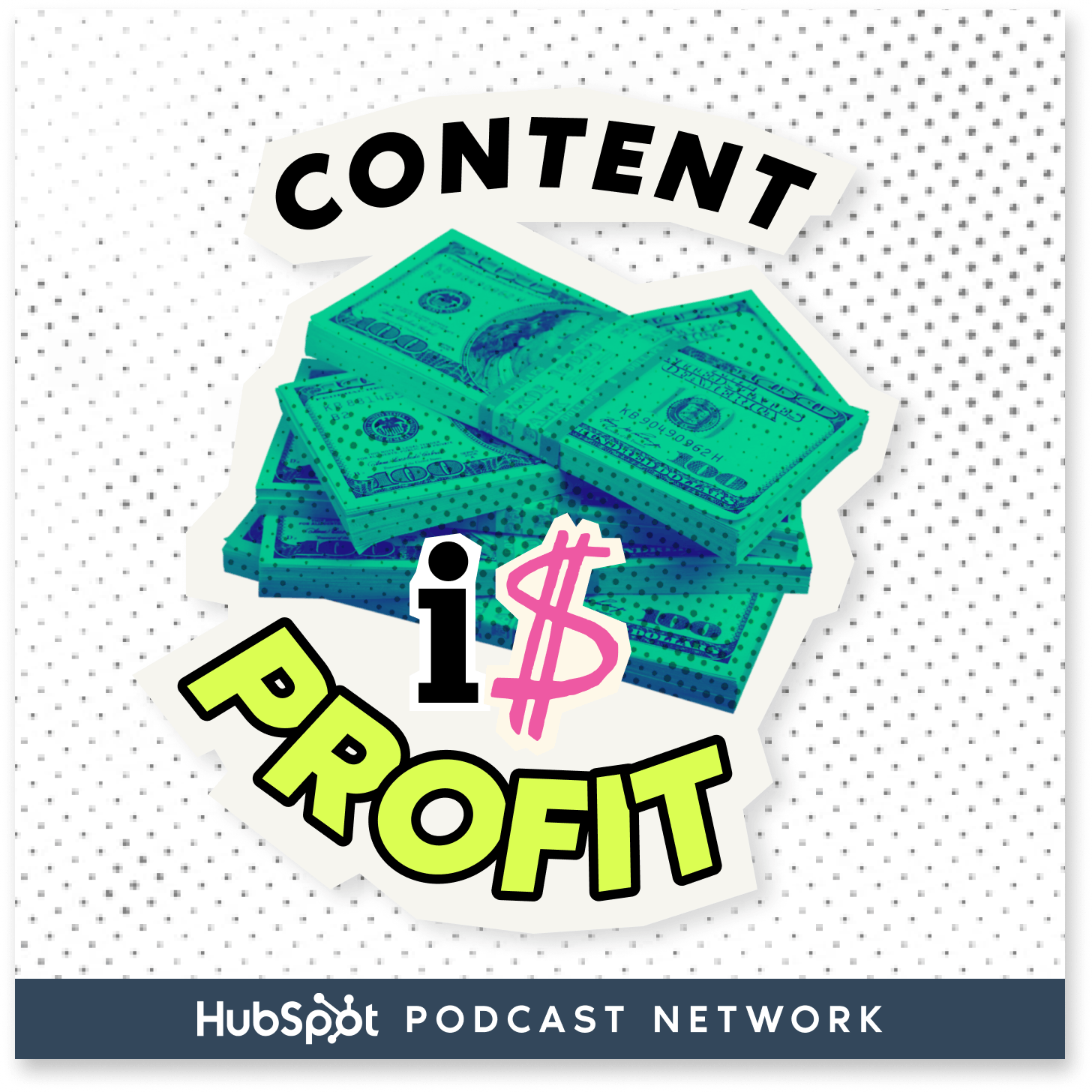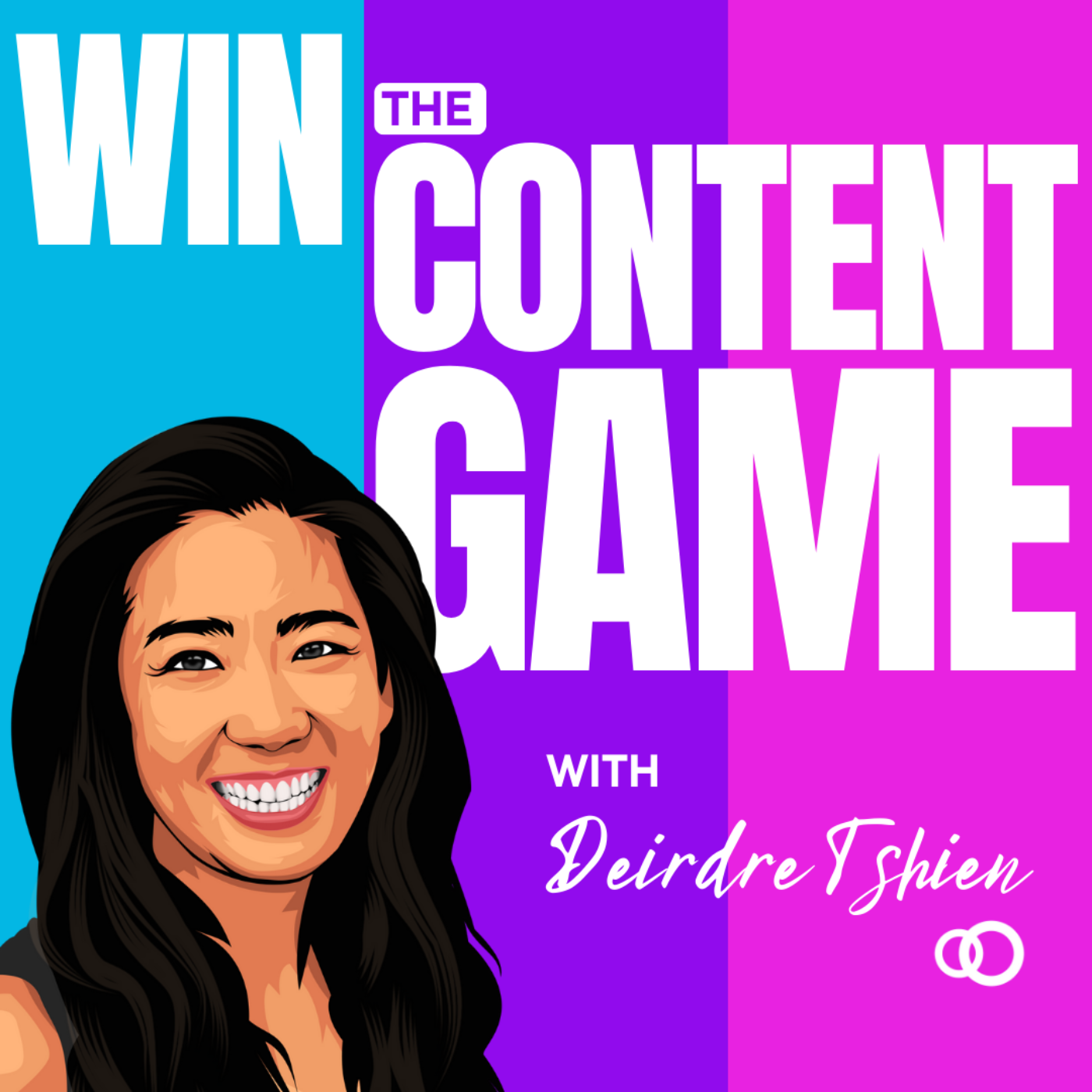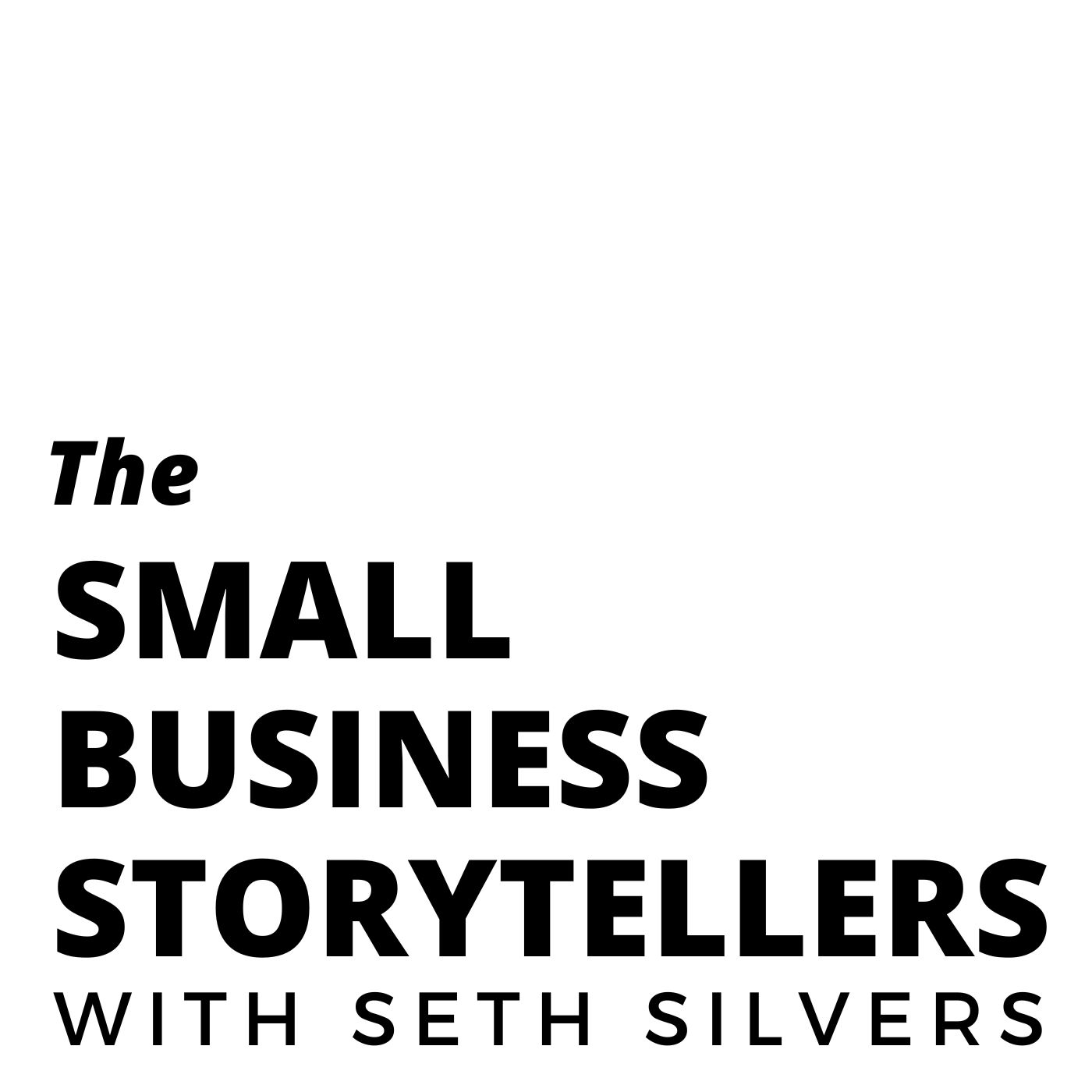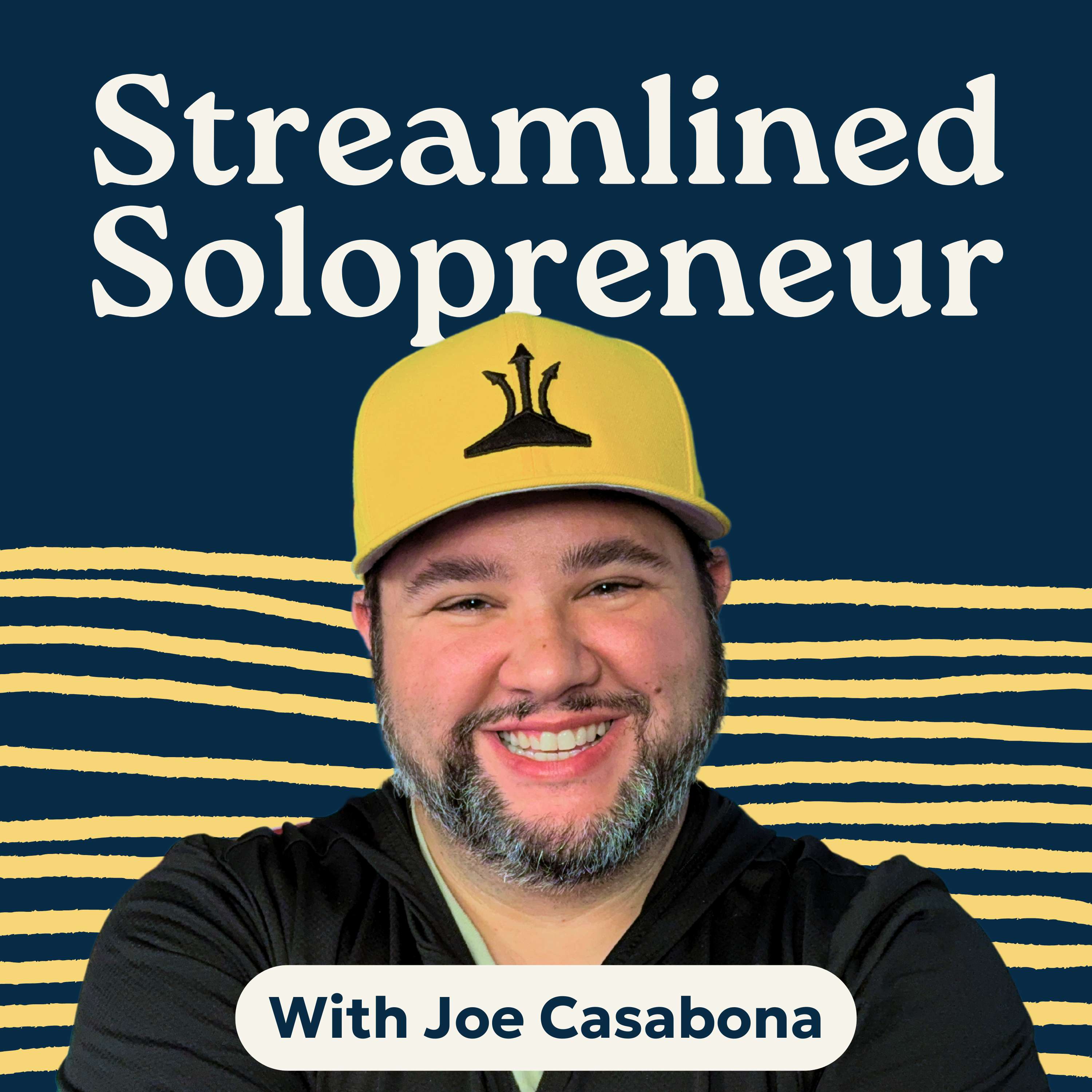
Podcasting Made Simple
Podcasting Made Simple is the premier podcast about podcasting! We’re here to help podcast guests and podcast hosts reach more listeners and grow their income so they can change more lives! Join Alex Sanfilippo and other podcasting industry experts as they share how you can level up on either side of the mic! (Show notes and resources: https://PodMatch.com/episodes)
Podcasting Made Simple
How to Make Your Podcast Unique So It Gets Noticed | Andrew Wang
Are you consistently podcasting, yet your show doesn't seem to be growing? Many podcasters face the same trouble. Thankfully, there is a simple solution to this problem. In this episode, Andrew Wang shares that the breakthrough you're seeking for your podcast can be accomplished simply by refining and changing your format into something more unique and even revolutionary. Get ready to experience an increase in downloads and receive more recognition for your podcasting efforts!
MORE FROM THIS EPISODE: HTTPS://PODMATCH.COM/EP/297
Chapters
00:00 Introduction: The Challenge of Standing Out
02:50 Creating a New Podcast Category
04:18 Making Meaningful Changes to Your Podcast
05:15 Going Live: Offering an Interactive Experience
06:13 Revamping the Format: From One-on-One Interviews to Guest Panelists
08:08 Streaming to Multiple Platforms and Proactively Promoting Episodes
09:07 Being Intentional with Guest Selection and Planning Episodes
10:35 Dare to Be Radically Different: Key to Podcast Growth
Takeaways
- To stand out in the podcasting landscape, it's important to be unique and create a new podcast category.
- Making meaningful changes to a podcast requires introspection and looking for inspiration outside of the podcast category.
- Going live and offering an interactive experience can help differentiate a podcast.
- Revamping the show's format, such as having multiple guest panelists, can make the podcast a great networking tool.
- Streaming to multiple platforms and promoting episodes proactively can contribute to podcast growth.
- Being intentional with guest selection and planning episodes in advance can create a cohesive and strategic podcast catalog.
- To grow a podcast quickly, it's essential to be bold, memorable, and dare to be radically different.
MORE FROM THIS EPISODE: HTTPS://PODMATCH.COM/EP/297
🎁 Want 5 quick ways to level up as a podcast host, guest, or agency that you can read in less than 5 minutes? Visit https://PodMatch.com/Free! (No email address required)
You're listening to Podcasting Made Simple. Be consistent, they said. Focus on audio quality. Make your podcast shareable. Sound familiar? Here's the problem. If you read the description of 100 podcasts but cover up the name, too often, we're too similar. Here are some real examples from Apple's Top 100 Podcast Chart in the United States. We tell real stories about real people from all walks of life. We discuss the ups and downs, wins and losses, successes and struggles, the good and bad in a respectful but candid way with our guests. Here's another. We share inspiring interviews from the most successful people on the planet, world renowned leaders, business, entertainment, sports, science, health and literature to help you to unlock your inner greatness and live your best life. One more. I interview experts, celebrities, thought leaders, and athletes so we can grow our mindset, build better habits, and uncover a side of them we've never seen before. If that sounds like your podcast, how can you stand out? Let me share some gratitude first, because it's not all bad. I've landed really cool guests, interviewed a roster of people I never would have met without my podcast. Guy Kawasaki, Catfishes, Neve Schulman, author Derek Sivers, Arrowverse star, Katie Cassidy, the creator of P90X, Tony Horton. I've received positive reviews from Forbes, Inside Podcasting, and Podcast Magazine. Despite the accolades, I'm no Joe Rogan. I'm not Jordan Harbinger. And no matter how hard I try, I can never be Alex Cooper of Call Her Daddy podcast. I'm Andy Wong, and my downloads are a small rounding error compared to theirs. Okay, fine. You are a unique snowflake. If you lean into yourself, nobody can copy you. That's very true. But will people notice? Will people notice fast enough? We want to stand out. We want more downloads. More downloads can lead to bigger guests. More downloads and bigger guests can bring bigger sponsors. There's got to be a better way. Here's my idea. In business, brand category creation is a strategy for success. Research has found that if done right, category creation is one of the most valuable things you can do for your business and for your brand. Imagine what could happen if your podcast defined its own category and stood out from the other MeToo podcasts. You see, a category king can dominate the market. Define a new category and you'll increase your chances of being noticed. No longer will you be competing for the same piece of listener pie as all those other shows. You'll make a whole new pie that listeners will love and crave. Now things are getting tasty. Six months ago, I decided to completely change my podcast. I kept the name, but I decided to do something fresh in attempt to create a new category. How can you create a podcast that is radically different? My advice is to pause from your regular podcasting schedule. Making a meaningful change for the better will require introspection. What do you love about your podcast? What's working? What's not working? What are your unique strengths? Your weaknesses? Then you have to look outside. Are there podcasts, TV shows, YouTube channels that you love outside of your podcast category? What are popular podcasts in your niche doing? that's interesting to you. Look deep within yourself and at the same time, look everywhere for inspiration. I'm going to share some things that I've implemented with my podcast in hope it gives you actionable ideas. Number one, I decided to go live. I ditched the safety net of a prerecorded podcast. No more, we can fix it in post. My new live stream podcast can be watched every Wednesday. and viewers may ask questions or comment in the chat. I'm offering an interactive experience. Going live is a little scary, but I felt podcasting for six years prepared me for this. My podcast was always quite heavily edited. I cleaned up the ums, ahs, and stutters. There was an intro, outro, and transition music. While I saw the benefit of going live, it was important to me that live streaming not mean sacrificing the quality of production. My mission is to deliver the highest production quality possible. I want my video podcast to look like a TV show. It requires more preparation up front, but a fantastic benefit is speed of publishing, getting the episode out to the listener. My show is now immediately available on YouTube the minute we hit the button to stop recording. I export the audio, lightly edit for clarity and sound quality, the audio can be published a day or two later. Not having to edit the show with surgical precision is so freeing. Going live is just one change. I completely revamped my show's format. Instead of a one -on -one interview show, I pivoted to three or four guest panelists in every episode. Think a roundtable discussion that's moderated by me, the host. If you think your podcast is a great networking tool now, try booking three or four guests per episode. A roundtable podcast is a networking tool on steroids. There's nothing like it. I've had 125 guests in just 36 episodes, and it's been fun putting unexpected guests together. For example, I put Leo Babouta of Zen Habits and actress Katie Cassidy together with an award -winning architect and a feng shui expert to talk about inspired home designing your life with intention. Another example, For a conversation on wealth and legacy, I invited the host of the History on Fire podcast, Daniele Boleli, with human behavior expert, Dr. John DiMartini. Rounding out the panel, I invited Investopedia Editor -in -Chief, Caleb Silver, and Vanguard Investments Senior Family Legacy Strategist, Heather Winslow Walker. It's so cool assembling panels. Land one great anchor guest, and it gets easier to book three more. Many times after recording, I get feedback from guests. Thanks for having me on with those big hitters. The livestream format is fun for me and for my guests. Each episode is like inviting four super interesting people to dinner at my house. Booking multiple guests means growing a valuable network, establishing yourself as a thought leader, and being a connector. My friend Joe Salsijai is the creator and host of the award -winning Stacking Benjamins show. In my opinion, this is a great example of a category king. He took the late night talk show format with multiple guests and segments and applied it to the typically dry topic of personal finance. He makes talking about money fun and funny. He once told me that the benefit of having segments is that if there's ever a segment that listeners don't like, they know that another segment is coming on in just a few minutes. That made sense to me. So now I have five predetermined segments per episode. It's five subtopics that fit under the title of my episode. My team and I script a 60 -second video for each segment that the guest panelists watch, and then we discuss and react to it. A couple other things worth mentioning. One mistake that I made was not streaming whole episodes to multiple destinations like Facebook, X, formerly Twitter, LinkedIn, and YouTube. You see, I'd stream everywhere for the first 10 -12 minutes, but then I'd cut everything except for YouTube. The hope was that viewers would jump to YouTube and my YouTube channel would grow. YouTuber Roberto Blake told me not to do that. His advice to me was put your show where your audience is. Don't try to make them jump from one platform to another. That interruption could cause them to lose trust in you and take away from their experience. Meet your audience where they are. Another thing. One of the downsides of the RSS feed is that listeners have to find you. You don't really have a way to get their attention before they're subscribed. When I live stream on LinkedIn, LinkedIn creates a post announcing the LinkedIn Live. I can then go into that post, edit, and invite my connections to that upcoming episode. It's a proactive way of getting people's attention and promoting the podcast episode. That's been great for growth. So now I'm live streaming to four places for the whole episode and the entire episodes live on the separate platforms. The result is that I have more people watching during the recording. They're commenting and asking questions. This is all incremental viewership to my download stats. After that, I'll render out the audio, do a little editing, optimize the audio quality, and then I can publish the MP3 via RSS to the audio only episode. And it goes out. where people can listen on their favorite podcast player, Apple Podcasts, Spotify, Overcast, all the places. Those are just some of the show changes that I've made. The last thing that I want to share is that I've gotten way more intentional with my show. When I had one guest per episode, I booked guests randomly. I did cold outreach, I accepted guest pitches. Sometimes I went to conferences and I interviewed speakers and attendees. I used PodMatch. But it was hard to keep momentum going. I'd land a big guest or two, but then the next episode might not be as good, and the topics could feel disjointed. In this latest iteration of my show, I've planned and outlined 100 episodes. This helps my catalog of episodes to be more cohesive. There's a story arc that ties the episodes together as a complete body of work. And I can be thoughtful and strategic about who I'm inviting to be a guest panelist. Creating a new podcast category will not be easy. But neither is producing a great podcast. I encourage you to experiment frequently. Try different things to see what works best for your show. For me, so far so good. My subscribers are growing. My YouTube channel is monetized. Views, view time, and click -through rates are trending upward. Guests are sharing episodes. Best of all, I can proudly say there is not another podcast like mine in the personal finance space. My podcast features guest panelists that help us to make more, give more, and live more. Want to grow your podcast as quickly as possible? You can do it. But be bold, be memorable, and dare to be radically different. Good luck and thank you. For more episodes, please visit podmatch.com forward slash episodes. Thank you so much for listening.











